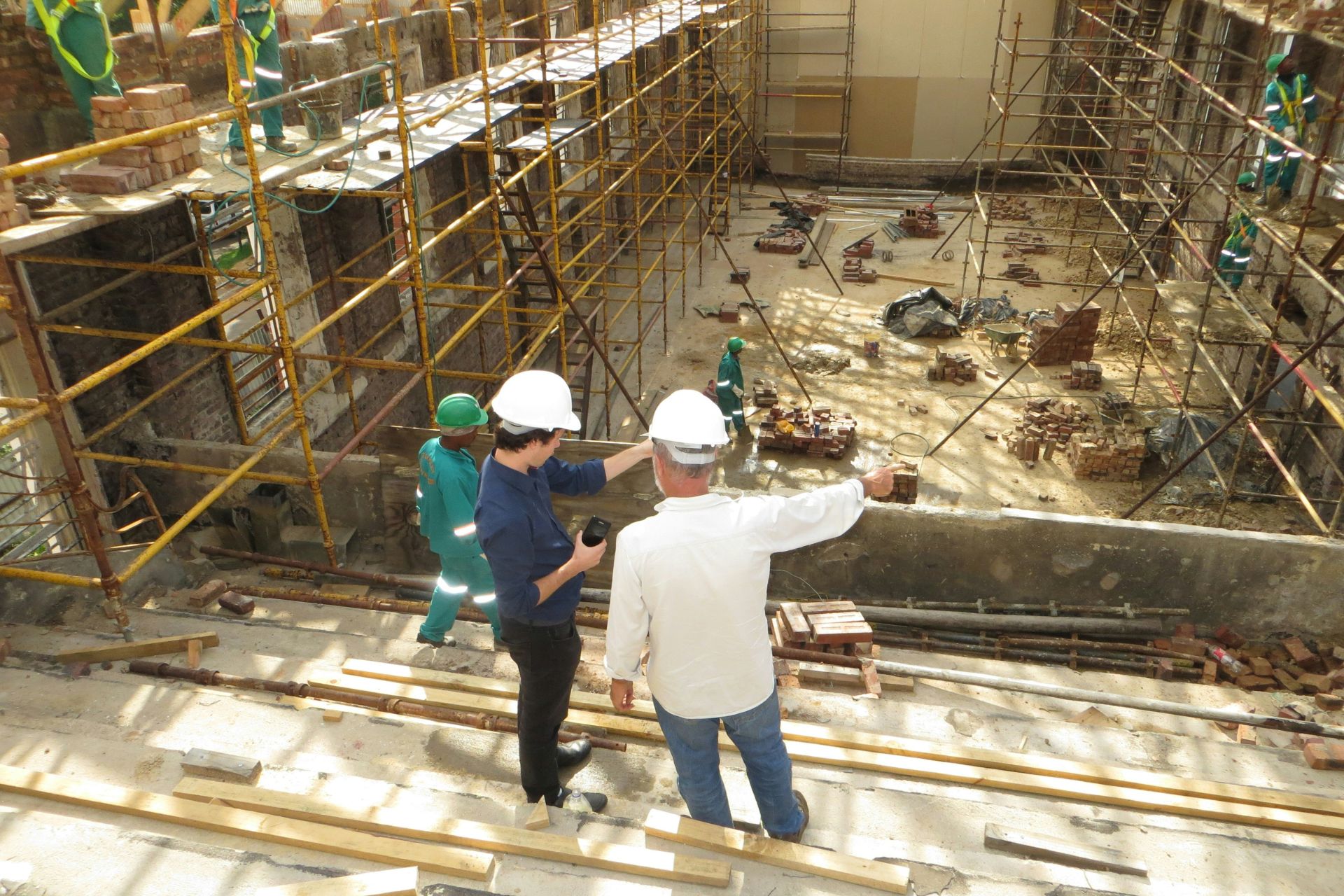



Revolutionized is reader-supported. When you buy through links on our site, we may earn an affiliate commision. Learn more here.
Construction management can be a demanding field. It requires much technical expertise, leadership skills and industry knowledge. As projects become more intricate and regulations tighten, construction management certification becomes an integral way for professionals to validate their skills and stand out in the job market.
However, there are many certification options available, so it can be challenging to know which choice is the best fit for your career goals. Advance more confidently by understanding which construction management certifications (CMC) are available and their benefits.
The construction industry is always evolving due to new technologies and stricter safety regulations. In this environment, certifications can be a surefire way for a professional to provide proof of their expertise and how committed they are to their file.
Employers often seek certified construction managers (CMs) because these credentials verify critical skills needed to get the job done properly. Professionals who earn a certification can find greater job opportunities and potentially earn 10% more than CMs without these credentials.
Certifications also provide a straight pathway to career development. A professional’s goal may be to get into a senior project management role or specialize in sustainable building practices. Either way, obtaining the right credential helps them progress more easily and purposefully.
CMCs can differ greatly from each other. Some focus on broad project oversight, while others specialize in safety, sustainability or emerging technologies. The following main categories show which certifications are best for certain career aspirations.
These credentials focus on managing construction projects from start to finish, covering areas like budgeting, scheduling, risk management and leadership. They are great for those wanting to get into roles such as a project manager, construction manager or program director.
Safety is a top priority on any construction site. Certifications in this category prioritize hazard recognition, OSHA regulations and site safety leadership. They are essential for safety officers, site supervisors and anyone responsible for ensuring workplace compliance.
With around 60% of stakeholders seeing sustainable construction as a priority and 87% believing it should be accelerated, certifications in this area are in high demand. Professionals specializing in eco-friendly construction can excel in their careers by receiving more job opportunities.
The same can occur for those who focus on digital transformation. As new technologies emerge, construction managers can grow alongside industry shifts and be prepared to utilize new software and automation tools in their processes.
Building technology is also increasing for long-term energy efficiency. Some smart city projects cost an upward of $100 billion dollars, so gaining certifications can keep employees up to date on smart technologies while facilitating greater changes in construction.
It is important to focus on certifications that carry the most weight in the construction industry. Some of the most recognized credentials that can boost career progressions include:
Each credential serves a different purpose. It may sound enticing to take every opportunity, but it is important not to spread yourself too thin. You want to be sure the certifications you go after align with your career path. Taking such measures will save time, money and effort.
Start by looking at the role you are currently in and the amount of experience you have. If you are new to the industry, take entry-level certifications to build foundational credibility. Mid-level professionals working toward leadership positions may benefit more from CCM or PMP.
Generalized certifications are great for demonstrating your skills and knowledge, but specialized ones will take your career to the next level. Consider what you want to focus on, such as safety, sustainable building or digital construction. For example, someone working with green building practices should look into the LEED AP.
Also, take into account employer preferences and industry demand. Some companies prefer certain certifications over others, and some may be crucial in specific regions or sectors. The easiest way to find out is to review job postings in your target field. This can help you see which certifications are most common.
Earning a construction management certification takes serious dedication and time to prepare. Each exam will have its own prerequisites, so knowing what to expect can increase your chances of success.
Review the official exam handbooks provided by the certifying organization. These resources outline key topics and exam formats. Many organizations also offer sample questions or practice exams to help you get familiar with the test.
Study materials vary with each certification, but most candidates benefit from a mix of textbooks, online courses, flashcards and practice tests. Consider enrolling in a prep course, especially for more advanced certifications, since they cover more difficult concepts.
Keep in mind the value of practical experience. Many certification exams test real-world scenarios, so your time on jobsites and managing projects can be as valuable as your study hours.
Earning a certification is only the beginning. You have to maintain them to keep them, as most CMCs require periodic renewal to ensure professionals stay current with industry standards.
Renewal requirements for construction management certifications vary by organization, but some require continuing education units every few years. Other times, you may have to retake an exam or submit proof of your most recent work experience. Failing to renew on time can result in certification lapses, so keeping them up to date is crucial to maintaining your professionalism.
CMCs can open doors to new opportunities in your career. They can lead to higher pay and greater industry recognition, but choosing the right one starts with knowing the right one for your job. Once you have a deeper understanding of the credentials you are interested in pursuing, you can prepare thoroughly for the exam and become a trusted leader in your field.
Revolutionized is reader-supported. When you buy through links on our site, we may earn an affiliate commision. Learn more here.


This site uses Akismet to reduce spam. Learn how your comment data is processed.